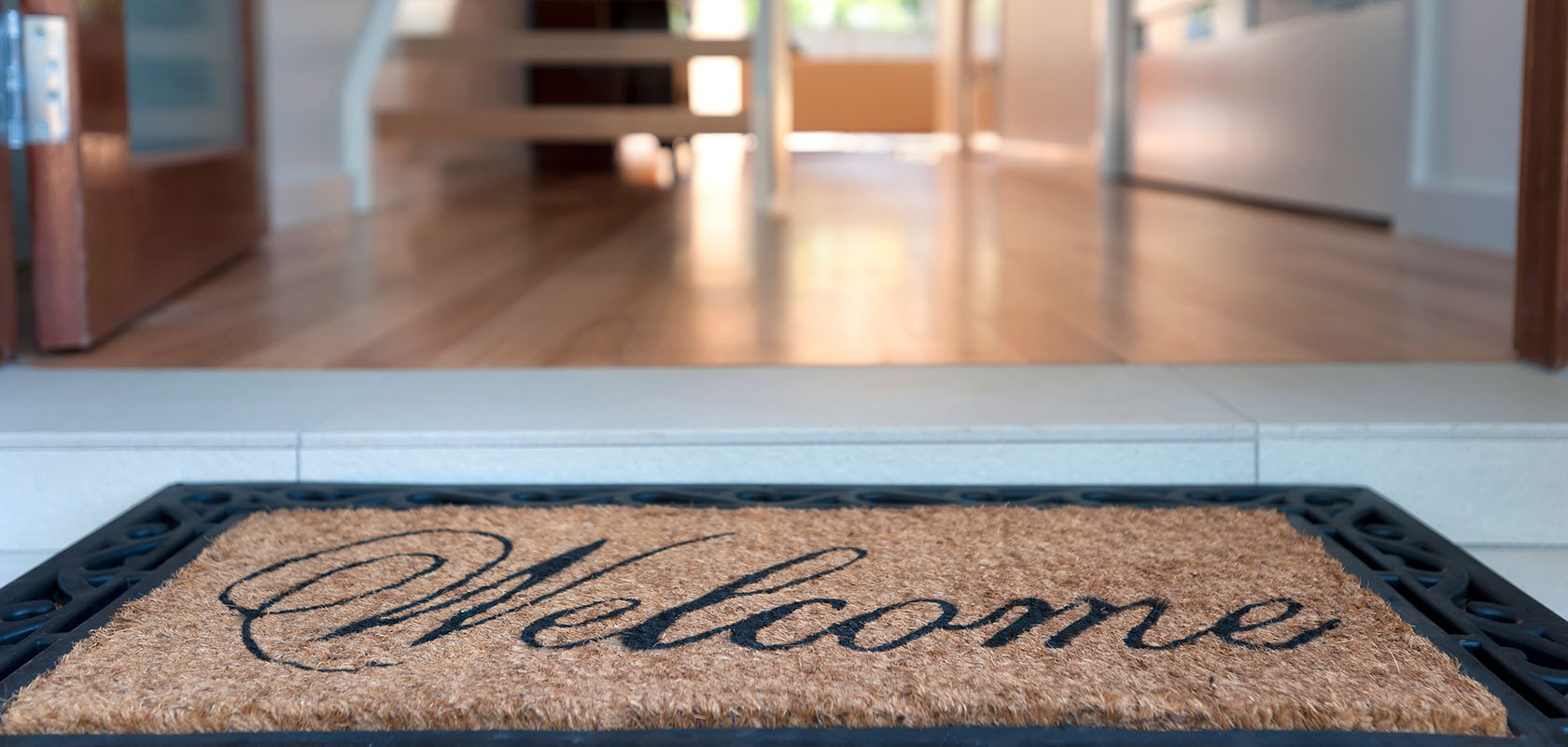If you’re like 45 million Americans dealing with a student loan payment every month, it can be hard to imagine adding a mortgage payment to your monthly expenses. It’s important to remember a home is an investment and likely your biggest financial asset.
Don’t Let Student Debt Delay Homeownership

Student loan debt is generally recognized as one of the primary roadblocks to homeownership now and into the future. But that doesn’t have to be the case. There are some simple steps to help you see if you’re ready for homeownership.
Meet With a Mortgage Consultant
Regardless of student loan debt, any first-time homebuyer should start by meeting with a mortgage consultant. This will help you learn the loan process and understand what steps you can take to improve your chances of getting a loan.
You may be ready to apply in just a few weeks; but if you’re not, you’ll be able to set a specific path to improve your finances and reach your dream of homeownership that much quicker. The consultation will be specific to you and guide you on how to understand your credit score, look for possible down payment assistance programs, and give you an idea of your current house hunting budget.
Understand Your Credit Score
After your consultation, you’ll also have a better idea of where your credit score stands and what you need to do to improve it. As with any big purchase, your credit score is key. This is especially true if you have other debt on your record like a student loan.
Paying on time and keeping your revolving debt low make up approximately two-thirds of your FICO score. The good news is if you’re paying your student loan on time, that’s already helping your credit score. Additionally, if you keep your revolving debt (the amount charged each month) at 30% or less of your credit limits, your score may benefit too.
Learn Your Debt-to-Income Ratio
Your debt-to-income ratio is another important figure that can impact the amount of home you can afford. If you have student loan debt, your ratio is likely higher because you have that payment alongside other monthly debt commitments. That is why it’s so important to pay your loan on time each month so your credit score can help compensate for your debt-to-income ratio.
Think About Your Budget & Down Payment
Another struggle for many first-time homebuyers is finding the room in their budget for a down payment. When you meet with your mortgage consultant, ask about your loan options as well as opportunities for down payment assistance.
There are various forms of down payment assistance throughout Nevada for people making up to as much as $135,000 per year. Certain loans also require little to no money down. If you’re buying in a rural community, USDA loans require 0% down and conventional loans in urban areas only need 3% down in some circumstances.
If you’re able to save up a little bit before applying for a mortgage, showing a savings or “reserve” account that’s double your monthly mortgage costs can help during the loan approval process. But remember, you won’t be able to use this money for your down payment. The idea of a reserve is to keep the money in your account after you close on your new home.
Get Pre-Approved Before You House Hunt
Once you’ve taken all the steps to find the best loan to fit your budget while comfortably covering your student loan payments, it’s time to get pre-approved. Getting a pre-approved before you go house hunting will ensure you don’t overextend your finances. It also gives you a competitive advantage when you bid against other buyers who aren’t pre-approved.
Move to Greater
With decades of experience on our team, we have seen it all (almost everything, at least), and we regularly share our thoughts on a wide array of mortgage topics that could affect you as a new or existing homeowner. We also spotlight the incredible achievements of our team and clients because good news is meant to be shared.

